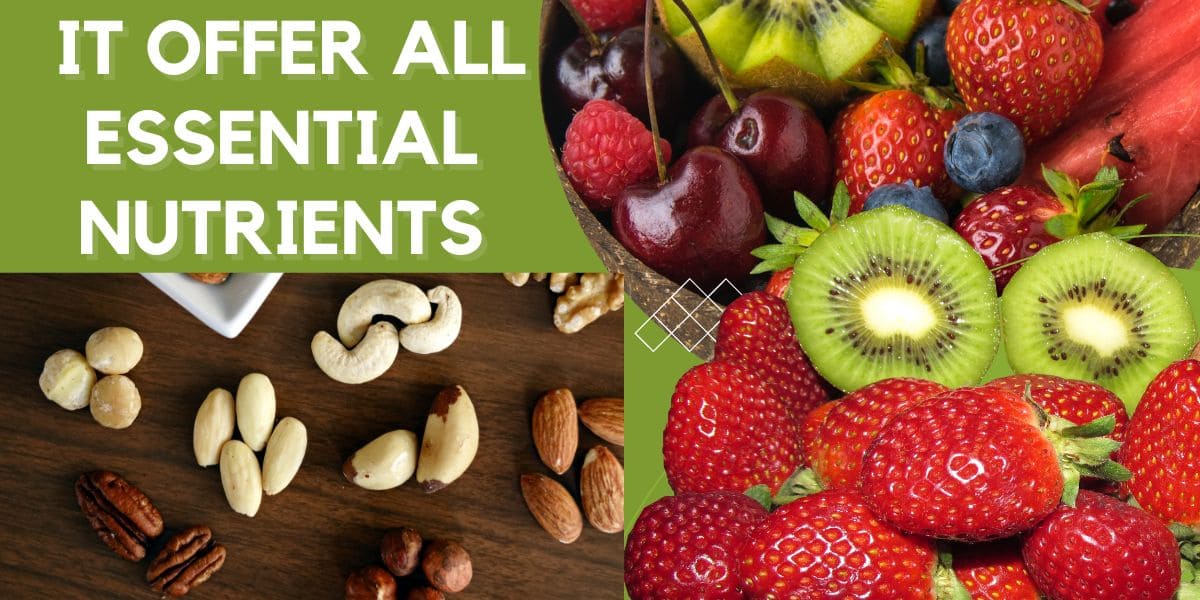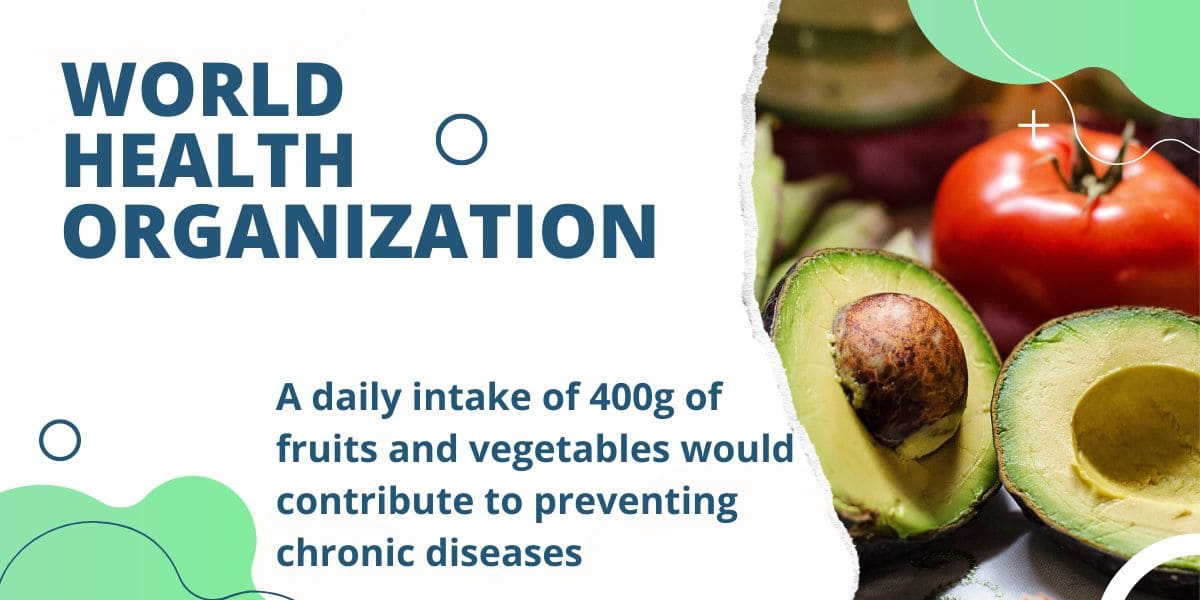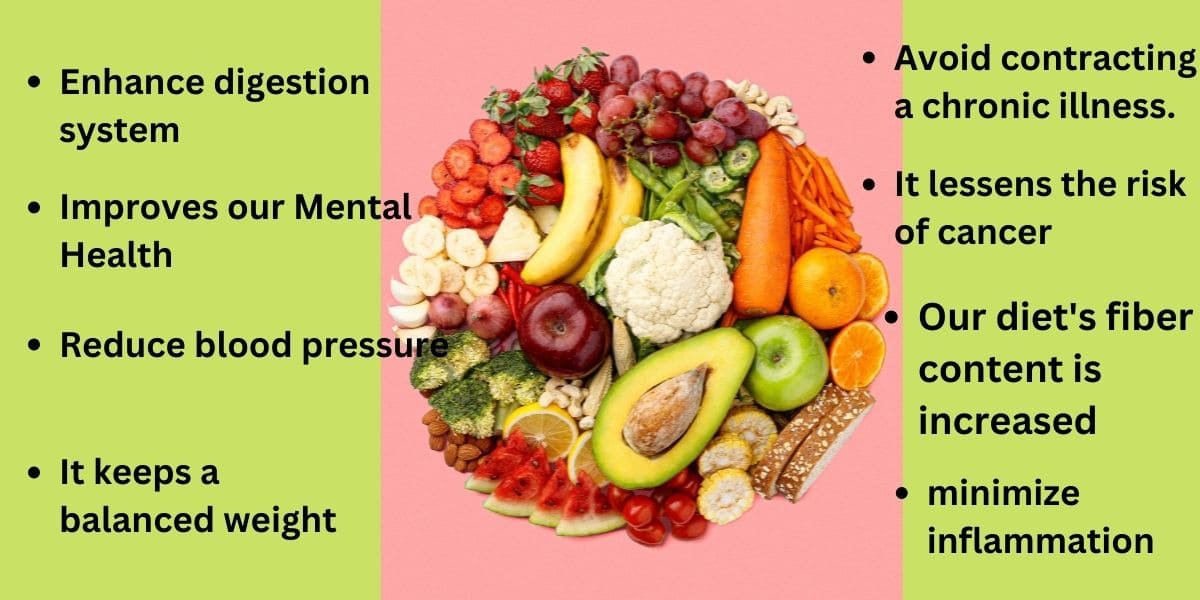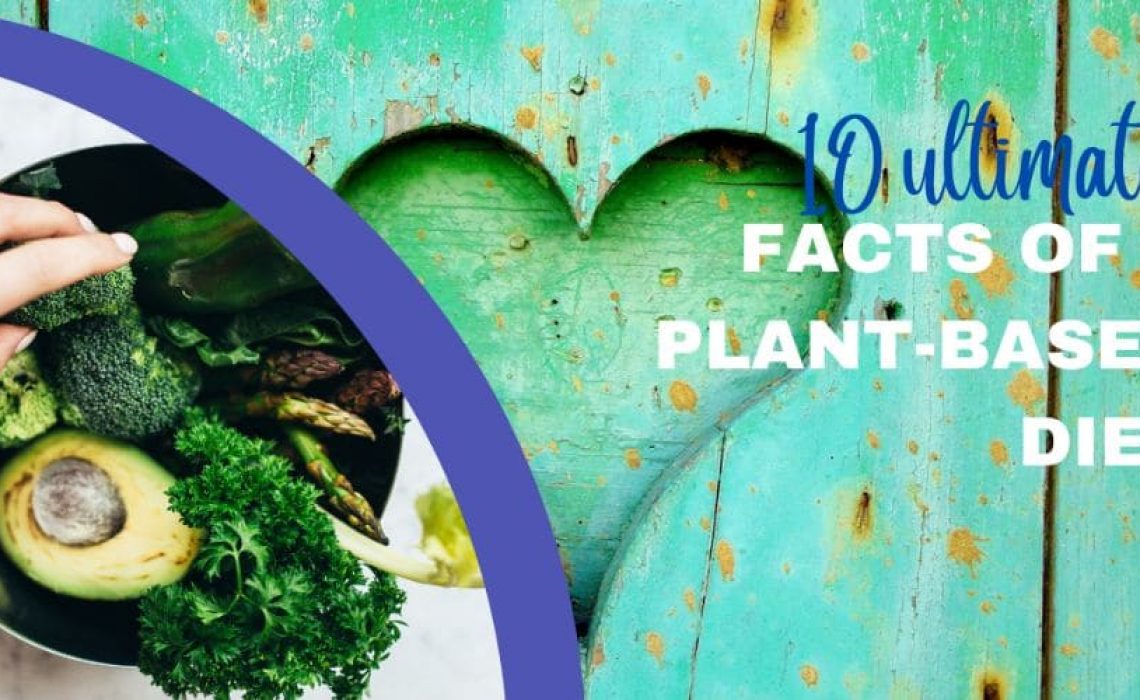Adopting a plant-based diet is one of the easiest to improve and maintain our overall health. It benefits every part of our body, whether the brain, heart, gut, kidneys, or others. Most importantly, it is as strict as it becomes impracticable for most of us to follow,
let us understand it easily by breaking it into tiny chunks.
Table of Contents
Toggle1. What is a plant-based diet?
A plant-based diet includes fruits, vegetables, nuts, seeds, oil, whole grains, legumes, and beans. It can provide us with a variety of tempting dishes.
2. It offers all essential nutrients.

It offers all the essential nutrients: protein, fat, carbohydrates, vitamins, fibres, and phytonutrients that help achieve optimal health.
3. Is following a plant-based diet mean a break from taking meat or dairy?
A plant-based diet doesn’t mean a break from eating meat or dairy. It simply means that we are incorporating more food plant sources besides beef or dairy.
4. Are plant-based diets and vegan diets the same?
A plant-based diet and a vegan diet are similar in many aspects, but there are some crucial differences:
The vegan diet is solely based on plant products and unprocessed foods while eliminating all animal products and processed foods. On the other, a Plant-based diet focuses more on plant-based food while including animal products, depending on our choice.
5. A report by WHO (World Health Organization) daily intake of 400g of fruits and vegetables.

A daily intake of 400g of fruits and vegetables would contribute to preventing chronic diseases, which include diabetes, heart disease, cancer, and obesity. To place this in context, one tomato is roughly 75g, while a medium size potato is around 150 grams. A medium apple is about 150 grams of fruit, and a little kiwi is approximately 75g. therefore, adding veggies to our diet is very easy.
6. A plant-based diet provides us with numerous benefits.

- Enhance the digestion system.
- Improves our Mental Health
- Reduce our blood pressure
- It keeps a balanced weight.
- Avoid contracting a chronic illness.
- It lessens the risk of cancer.
- Our diet’s fibre content is increased.
- minimize inflammation
7. A plant-based diet provides the balance that we need in our nutrition.
Including more foods from plant, sources enrich our diet with many natural essential nutrients while not excluding vital nutrients from animal products. This ensures the balance in our nutrition intake, not compromising our taste and choice.
8. Plant-based eating is for everybody.
This diet plan is for everybody, even meat lovers, as we don’t need to be strict vegan or vegetarian. This diet allows us to include the food of our choice besides the food from a plant source.
Any age group can follow this diet as it has no side effects unless allergic to some food.
9. This diet doesn’t require the elimination of any products.
Plant-based eating is for everybody; the principle thought isn’t to “diet” or eliminate. Something from our nourishment but more about adding more fruits and vegetables, organic products, nuts, whole grains, and legumes.
10. Plant-based diet easy to follow.
Now, it’s an ideal opportunity to set our learning in action, pick a day when to begin the plant-based nutrition, special meals (discover plans for breakfast, lunch, and supper plans), make a grocery list, go out on the town to shop (get your staple things) and execute the change! Plant-based eating isn’t an eating route yet more a way of living. Make it simple and have with it.











6 thoughts on “10 Ultimate Facts of Plant-Based Diets”
Pingback: 10 Best Meatless Protein Sources - Easy Life
Pingback: 6 Weight loss tips from a plant-based diet |weight loss guide| - Easy Life
Pingback: 7 Days Plant-Based Diet Menu - Easy Life
Pingback: 10 ultimate guides of Flexitarian - Easy Life
Pingback: The WFPB diet is the definitive guide for beginners. - Easy Life
Pingback: A Beginner's Guide to Plant-Based Diet Meal Plan: Recipes